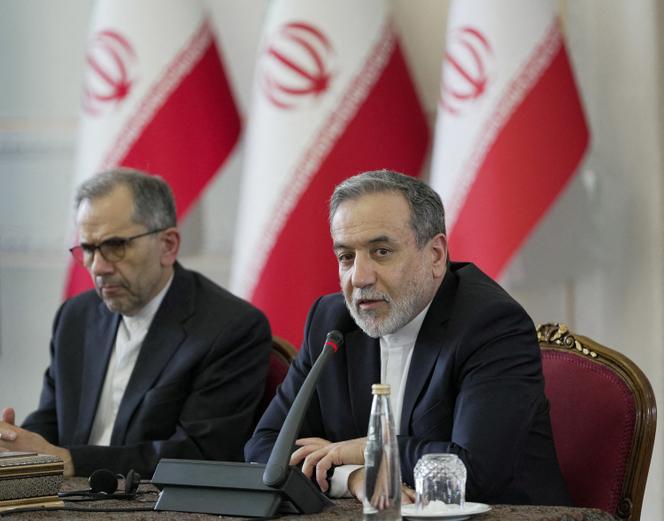


France, Germany and the United Kingdom started a process on Thursday, August 28, to reimpose United Nations sanctions on Iran over its nuclear program, further isolating Tehran after its 12-day war with Israel saw its atomic sites repeatedly bombed. The mechanism, termed "snapback" by the diplomats who negotiated it into Iran's 2015 nuclear deal with world powers, was designed to be veto-proof at the UN and is likely to go into effect.
It would again freeze Iranian assets abroad, halt arms deals with Tehran and penalize any development of its ballistic missile program, among other measures, further squeezing the country's reeling economy.
The British, French and German foreign ministers suggested they viewed the "snapback" as a way to spur negotiations with Tehran. "This measure does not signal the end of diplomacy: we are determined to make the most of the 30-day period that is now opening to engage in dialogue with Iran," French Foreign Minister Jean-Noël Barrot wrote on X.
Iran's Foreign Minister Abbas Araghchi told his French, British and German counterparts in a phone call, according to a statement from his ministry, that "the Islamic Republic of Iran will respond appropriately to this illegal and unjustified action by the three European countries, in order to protect and guarantee its national rights and interests." He called on the three countries to "appropriately correct this wrong decision in the coming days."
While Araghchi did not specify what retaliatory measures Iran might take, Tehran has previously warned that such a move could lead to the exclusion of the European powers from any future negotiations on Iran's nuclear program.
The move by the European trio – known as the E3 – took place just days after Iranian and European diplomats held talks in Geneva, the second since Israel's attack on Iran that started a 12-day war in June. The E3 had been threatening in recent weeks to activate the "snapback" mechanism, citing Iran's continued non-compliance with its commitments under the 2015 nuclear agreement.
That deal was torpedoed in 2018 when Donald Trump, during his first term as president, unilaterally withdrew the United States and slapped crippling sanctions on Iran. Tehran and Washington had begun nuclear talks in April to reach another deal, but these negotiations were derailed by the war with Israel, during which the US also struck Iranian nuclear sites.
